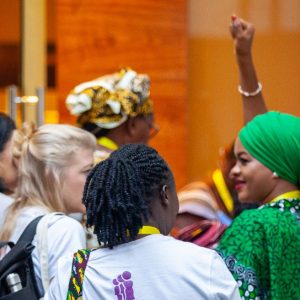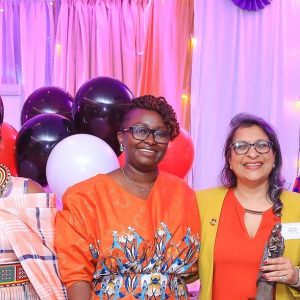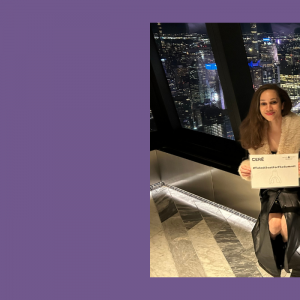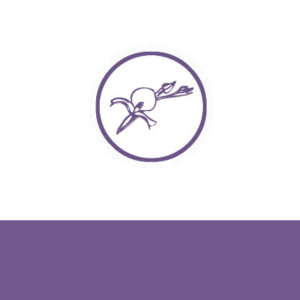Orchid Project welcomes the ‘Human Rights Council resolution on the Elimination of Female Genital Mutilation’. The resolution was adopted last week during the council’s 44th session, which hosted an unprecedented number of co-sponsoring States (100+). This demonstrates broad consensus on the devastating impacts of the practice.
The resolution, which was led by Burkina Faso on behalf of the group of African states, raises due concern about the impact of the COVID-19 pandemic on rates of female genital cutting (FGC). It acknowledges that the practice is preventing the realisation of gender equality and achievement of the Sustainable Development Goals.
The Human Rights Council resolution also affirms that FGC is a human rights violation and a form of violence against women and girls, calling for rights-based, gender-responsive multi-sectoral action and fully resourced national action plans, in addition to the implementation of national laws. Medicalisation – the practice of medical professionals carrying out the cut – is strongly condemned.
Integration of FGC prevention and treatment is a common theme throughout the resolution, with calls for the critical integration of FGC prevention and treatment into humanitarian preparedness and response plans, as part of gender-based violence essential services, and into universal health coverage.
Finally, the resolution requests the convening of a high-level panel discussion at the Human Rights Council’s 47th session on the theme of prevention, global response, and multi-sectorality of FGC, including in the context of global pandemics and economic shocks.
With 4.1 million girls being cut each year, it is vital that we ensure accelerated progress towards FGC abandonment, including at times of crisis. Orchid Project looks forward to working with the Human Rights Council and our partners and colleagues working to end to FGC to advance this agenda around the world.
CC by-ND 2.0 via Flickr.






